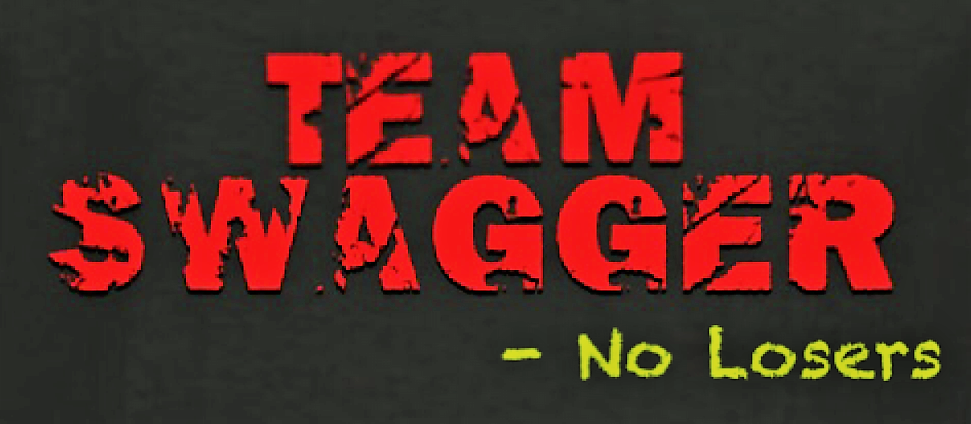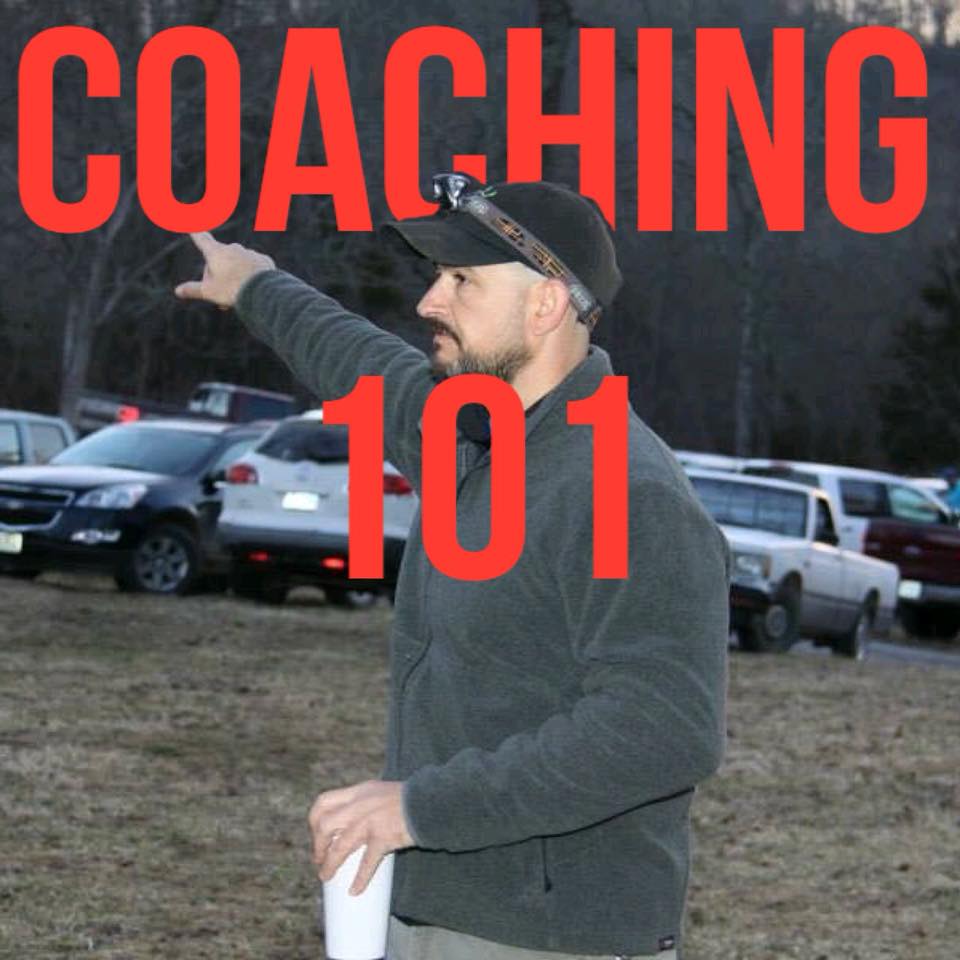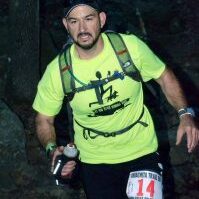I am 100% sure that I will take some heat for this one but that's okay.... Just post in the comments and don't hide behind an "anonymous" tag.
What is a running coach? That seems to be an easy question on the surface but like many things these days it’s a little more complicated than it used to be. Gone are the days where only elite caliber athletes had a coach to help guide them to overall victories and championships. In the modern era of running it is not uncommon for mere mortals to hire a coach and seek personal goals or PR’s. A simple Google search on the interwebs for ‘running coach’ will yield 195,000,000 results in .68 seconds. (For real, try it) I am sure that within all of those results there can be found a fantastic definition of a Running Coach that will sound reasonable. Of course, everybody may not agree on which definition is best but there will probably be something for everybody.
Because running has become so widespread with athletes of all ability levels and backgrounds, I find it very difficult to slap a one size fits all definition on the term and can only describe how I coach. As with most topics in life, there will be some that fundamentally disagree with my attitude and approach. I can simply and humbly say that they may be correct as there is no true recipe or conclusive evidence that shows any one style to be better than the next. I will do my best to explain my outlook on the subject.
Team Swagger is an online based coaching program that works with athletes in a one on one basis primarily through emails, phone calls, social media, video analysis and online logging. I don’t have certifications from any of the major or minor programs available. This is something I do not attempt to hide or dance around when somebody approaches me for a potential coach/athlete relationship. Some people want certifications and I am always happy to point them in the right direction. The athletes I coach are looking to improve and believe that I can help them based on my own experiences and results.
Ultra running has grown substantially over the past few years. With the growth there have been many changes, some good and bad, along the way but that is a topic for another day. One thing that has not changed is the amount of work it takes to walk away from an ultra feeling like you hit all your goals. I have found that not all runners are wired the same. Not just physically but mentally. Every individual has their own goals and vision of what they want to do. It is not a coach’s job to tell them what they want - it is a coach’s job to listen and help them achieve the realistic dreams that are uniquely their own. Some people come to me with the goal of finishing a 100 miler under the cutoff. Others want to shoot for a sub 24, sub 20 or a sub 18 hour finish time. Each one of these athletes will require a different course of action and planning that is specific to their expectations. The world of ultra running has grown to encompass all levels of trails, terrain and we are seeing many more road or smooth surface races such as the Frisco Railroad Run. A one size fits all approach or pre-written plan might work to some extent, as it does at any level or distance, but it won’t get the athlete the maximum results possible.
I am a believer in effort based training over paced based training. I do believe that pace based training has it’s benefits but overall I find that effort based training works better for the athletes I coach. Running the majority of training runs at 65-75% max effort yields great results and allows runners to log more miles and learn how to run on tired legs, body and mind. Ultras are weird. For the majority of us they aren’t really a race in the traditional aspect - they are more about personal achievement and finding out what they can do. 50k’s can be run much like a marathon, training can be similar even when run on a trail, provided the course isn’t too technical. But when jumping to a 50 miler many things change. The race doesn’t really start until the back half and knowing that the body can continue to push when the mind is screaming to stop is huge.
My general approach to winning this battle is to train by time. Mileage based training runs tend to wreak havoc on the brain. “Oh man… I have to run 25 miles today. That’s going to take XXXX hours. I can leave at XXXX and be home in time for….” That’s great unless it doesn’t go as planned or the idea of TWENTY FIVE FREAKING MILES is intimidating. With a time based plan I can tell them to go run 5 hours or whatever amount I think it will take for them to cover the mileage I would like to see based off of their previous running logs. 5 hours is 5 hours no matter how you cut it. Leave at 6 am and get home at 11 am. There is no reason to freak out or wonder if they will be home before the in-laws show up for lunch at noon. In most cases the mileage matches what I had in mind or gets very close, give or take a few miles. But… everybody is different and some may need the set parameters of mileage. In those cases we adjust.
I like for ultra runners, from 50k to 100 miles, to run 5 days per week with strength, core work or yoga mixed in on the non-running days. Each workout sets up the next. Depending on goals, there may be a good mix of step up runs, intervals and hill repeats mixed in once the base period is over and the goal event gets closer. Some runners may never see any real ‘speed work’ as their experience and goals dictate. Jim Lane finished his first 100 last September after a couple of DNF’s. His goal was to finish. We didn’t mix in any speed other than the occasional short negative split run. He finished in spectacular fashion and has an awesome buckle to show for it. Others will have a lot of harder effort runs mixed in to reach realistic but lofty goals. Derek Glos is a recent example of training for a 100 miler with a healthy dose of ‘speed work’ mixed in. It paid off with PR of almost 3 hours and a sub 18 hour finish in the 100 Mile National Trail Championship held at Rocky Raccoon in February.
There is a general misconception that effort based training for ultras make runners slow down. This isn’t exactly true. I have had many athletes PR 5k’s through marathons while training for longer races without specifically targeting the shorter distances. One dude shaved over a minute off his 5k PR and 43 minutes off a previous marathon PR while training for a 50 miler. Kris Bossert set a half marathon PR on her way to the upcoming Frisco 50k. Many athletes come out of a big ultra, take a short break to reset and then ramp up to a half or full marathon with amazing results.
Does everybody need a running coach? Nope. I really don’t believe a running coach is for everybody. Running is a journey. A very personal journey. The vast majority of us are weekend warriors that have embarked on a mission to change our lives for whatever reason. A BQ is awesome. A sub 24 buckle is a great feeling and really helps boost the self esteem level for a few days. But then it’s right back to real life. Job, kids, all the adult responsibilities that always get in the way of our hobbies. Hiring a running coach is just another option or a step in the process. Not everybody is there and some may never find a desire to change what they are doing. We learn by doing, experimenting and exploring. Ultra runners, for the most part, have a strong will (this means they are unusually stubborn and hard headed) and set in their ways. Many don’t want or need the structure of a plan or the accountability of a coach. Others, like I did myself several years ago, find themselves stuck in the crossroads and need a little direction in order to get over the hump and step up to the next level. Only those who are willing to be coached should actually look for a coach. There is no reason to hire a coach if you plan to continue doing it your own way.
When I talk to potential clients, we interview each other to make sure it’s going to be a good fit. My expectations are simple. I want somebody who will set a specific goal. The goal does not have to be a race on the calendar but it does have to be specific. They need to be committed and realistic. Their family needs to be on board because without the support and backing from the entire household it will be very difficult to find the time and make it work. They have to have the desire and motivation to see it through. I also coach youth football, youth soccer, little league baseball and an adult semi pro football team in my spare time. None of that has anything to do with running but it does help reinforce the notion that desire and motivation are internal things that can not be coached. I can provide support, accountability and a roadmap of how to get there but I can not be the only reason they are getting out the door on a daily basis. That has to come from inside and be set in stone. I also want them to know that it will be hard. They will be tired. They might want to quit. They will probably have to slow down. This almost always means they will have to deal with the embarrassment of trying to explain when they post on Strava, Garmin Connect or Facebook. That is something they will have to get past. Nobody really cares anyway but it’s tough on the ego. Basically, let your friends race on training runs and you can pass them on race day.
On the flip side of that they need to know what the general plan is, what equipment they need and what my fees are. They should expect that I will be available and willing to answer questions within a reasonable timeframe - meaning don’t text me at 2 a.m. and expect an immediate answer to a question about yesterday's run. Unless they are at mile 75 of a 100 miler - then I will probably be up and waiting for them to call or text. They should expect that I will look at their logs everyday, monitoring progress and will provide feedback as necessary. They should know that running is physically tough but injuries can be avoided by simply communicating. I will never tell them that they put too much information into a workout log or they should just gut it out when dealing with aches and pains. If we communicate on the little things and the plan is executed properly the risk of injury goes down to almost zero. They should expect that I will listen to complaints, or talk them off the ledge when life seems crazy because… well….the mental side of running is much tougher than the physical. While I can’t make it to every race, as the people I coach are scattered throughout the country, I do make an effort to go to as many as possible to crew, support and pace.
There are many different approaches, styles and definitions for running coaches. For me it comes down to this - There is absolutely nothing more rewarding than watching an athlete work hard, stay focused and surprise themselves with results beyond their own expectations. Coaching is much more than physical training. It is also about creating an atmosphere of confidence and pushing the self perceived limitations set by the runner. It involves the knowledge that with the right guidance, hard work and steady resolve by the athlete along with seeing the type of results along the way that remove the mental barriers - anything is possible.




